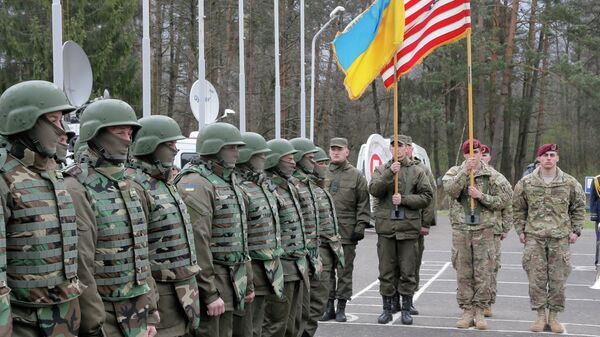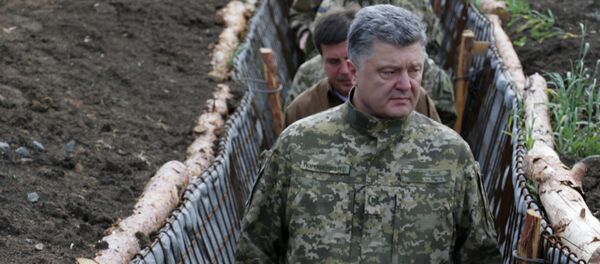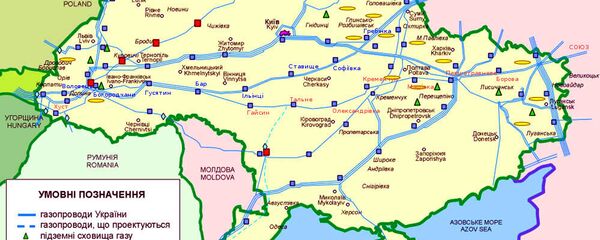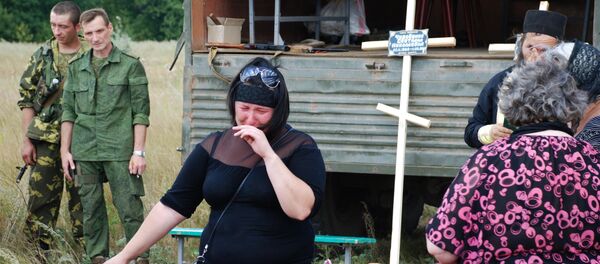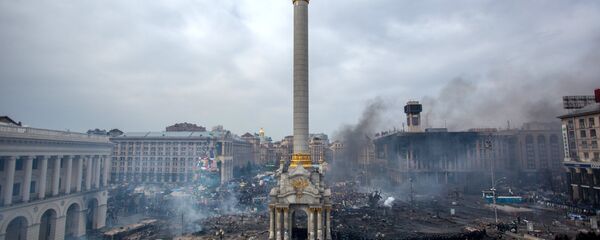In a recent interview for Ukrainian pro-government online news resource Liga.net, Foreign Minister Klimkin bluntly admitted that Kiev's closest allies weren't going to fight for Ukrainian territory against what he called 'Russian aggression'. Klimkin blamed the prevailing circumstances for the current state of affairs, but noted that he was optimistic that this may change in the future. "I'm not saying that this cannot change tomorrow or the day after that," he said.
This week, Ukrainian officials asked Washington to grant it the status of major non-NATO ally (MNNA), a status which would grant it access to certain types of weapons, plus the ability to participate in various defense initiatives. Over the past months, Kiev has often repeated its request that the US supply it with lethal weaponry, something Moscow has warned would only lead to an escalation of the civil war in the Donbass.
Speaking to Radio Sputnik about the foreign minister's admission, Grigory Trofimchuk, vice president of the Moscow-based Center for Modelling of Strategic Development, suggested that Klimkin seems to have only just now realized what has long been obvious: that Western powers don't see Ukraine as an equal partner.
"For some reason, Ukraine believed and continues to consider (with doubts, admittedly) that the West is its friend and ally. But the West itself, as we can see, clearly is in no hurry to make such determinations," Trofimchuk noted.
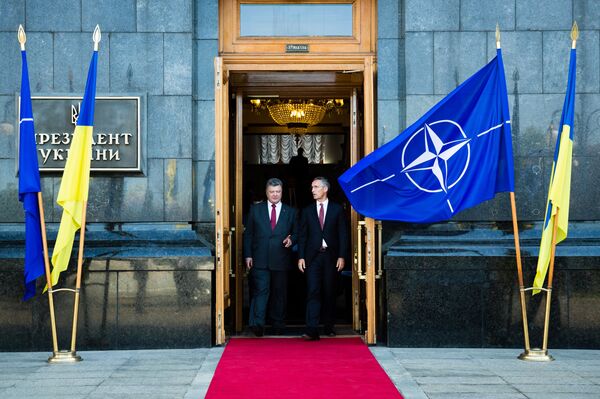
"To Western powers, Ukraine is at best a situational partner on some local issues. Becoming one of the US's allies, for example, is almost impossible for Kiev. And Klimkin should have known this, given his office and the duties of his post," he added.
Ultimately, the analyst emphasized that the true core of US allies includes countries like the UK, Japan, Germany and France. "Ukraine is not even close to being among them. It is needed by the West only as expendable material – in the current situation as a 'firing mechanism' against Russia."
For his part, RIA Novosti contributor Alexander Khlorenko indicated that 'true allies' or not, Kiev is doing everything it can to try to receive financial assistance from its partners.
Analyzing the escalation of the conflict in Donbass, a region which is soon set to enter its fourth year of war, Khlorenko stressed that Kiev will try to extract concessions from the West any way it can "through provocations, terrorist attacks, explosions and fires." This week, Ukrainian military forces fired into the center of Donetsk with a grenade launcher, shelled 16 other settlements, and broke the ceasefire over 60 times.
Unfortunately, Khlorenko lamented, the current conflict reached a dead end a long time ago. "The old scheme for solving the problem by 'at the point of a sword' isn't working; Ukraine's [military] has met with a counterforce. Kiev is ignoring the Minsk agreements." Washington and Brussels, meanwhile, "are unable to come up with a fresh alternative. The gloomy Ukrainian stalemate is periodically 'illuminated' with proposals [in the Washington Post] to send the US 82nd Airborne Division into Donetsk, or with reckless blitzkriegs by the Ukrainian military's hit squads," but otherwise remains stagnant.
The US, Khlorenko suggested, sees it as highly advantageous for Ukraine to serve as an 'independent contractor' for fighting its war. "Moreover, Ukrainians do not ask questions like 'Whose money was it that was used to organize the Maidan?' or 'How did the revolutionary outrage against Ukrainian oligarchs turn into hatred for the Russian language or Russia itself?'"
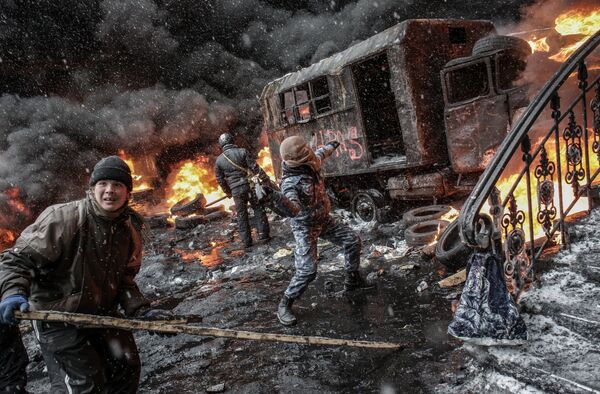
"Having inspired several color revolutions in the country's capital, western Ukrainian elites have failed to develop any state-building potential; all they have is shouting, destruction, hatred and a lack of knowledge about how to arrange a normal economy and life for the country's citizens. On the wave of the Maidan, the oligarchs (the 'enemies of the revolution') only ended up multiplying their wealth."
In this sense, Khlorenko argued, the US and EU-controlled proxies are "repeating, step by step, the fate of the Georgian leadership of 2008." Kiev's hopes for a quick, victorious war in the Donbass turned out to be futile. The only hope, the analyst noted, is at the negotiating table with the Donbass republics.
And here, he suggested, "it's possible that the pragmatism of American politics will be of assistance. After all, a prolonged period where expenses exceed revenues usually leads to a curtailment of business, and Maidan is no exception."

